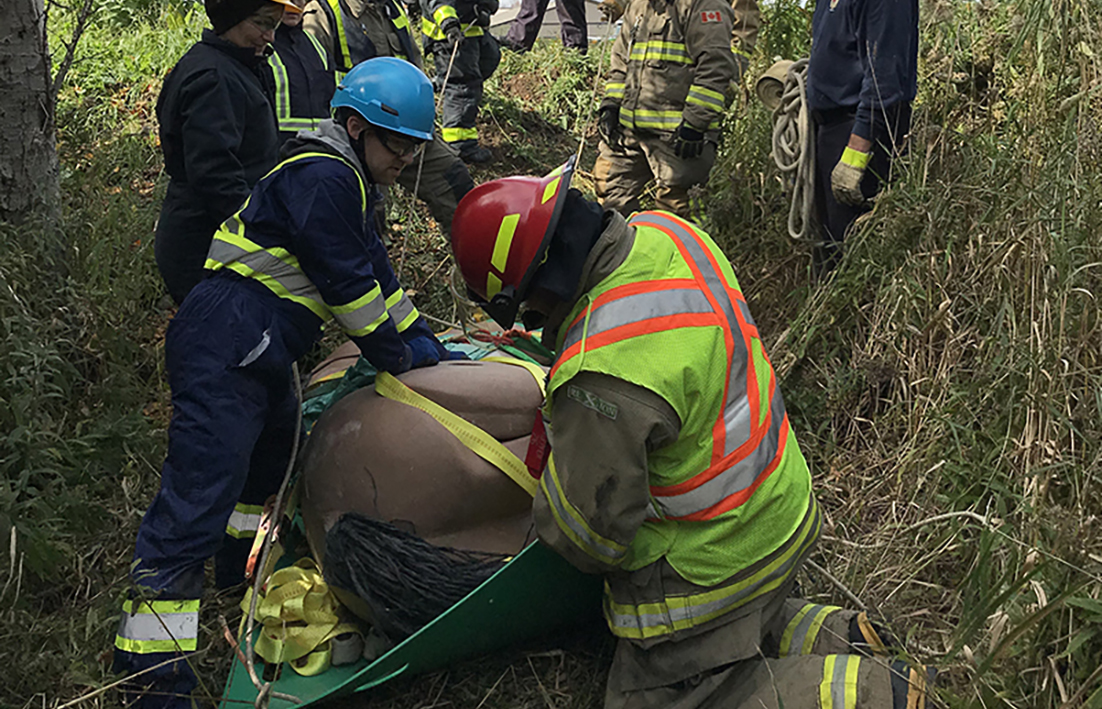
THE tragic stranding and subsequence deaths of dozens of pilot whales on Cheynes Beach in WA’s southwest in July this year once again cast a sharp light on the inadequacy of many human attempts to save big animals from disaster.
But whales are not the only animals that become big problems when they get into difficulties.
Horses, llamas, cows, kangaroos and dozens of others can be a handful – sometimes impossibly so – to untrained rescue attempts.
Often untrained rescuers can get themselves into more trouble than the stricken animal if they don’t know the right techniques to use to help rescue animals that are often bigger than humans.
The size, strength, unpredictability and diverse behavioural responses of large animals – even within the same species (i.e., from wild to tame domestic animals), and in response to specific stressors (i.e., entrapment, the rescue environment, medications) – pose serious threats to the safety of owners, responders and the general public.
That’s why the WA Horse Council sponsored a training seminar on large animal rescue (LAR) best practices for over 50 participants (rangers and emergency personnel) in Midland on August 28 and 29 at the State Equestrian Centre in Brigadoon.
New Zealand rescue and horse expert Dr Hayley Squance was the special presenter along with her ‘partner’ a full-sized equine mannequin named LAR’ry.
With the support of Equestrian WA and its CEO, Zac Acott, the course was presented on the grounds of the State Equestrian Centre in Brigadoon which provided all that was needed for the course.
Dr Squance’s training was aligned with the Australian Fire Authorities Council’s large animal rescue operations guidelines.
She said successful rescues of large animals were fundamentally “80 per cent knowledge and 20 per cent equipment”.
On the Monday two volunteer bush fire brigade members from East Swan and West Swan attended with a basic 4WD fire appliance vehicle to assist in the participants’ development of appropriate resource-gathering skills in the event of LAR incidents.
This provided the participants with the ideal opportunity to apply problem-solving skills to the concept of ‘available resources’ that are likely to arise.
Throughout Monday and Tuesday, application of the practical techniques were implemented and developed as well as the purpose-constructed horse float emergency response training simulator (donated and supported by Sandra Oma).
The Western Australian Horse Council said it was proud to facilitate the continuation of these specialty training programs and to bring international experience and knowledge to Western Australia.
If you would like to stay up to date with future news and training information in Western Australia, register your interest at here.